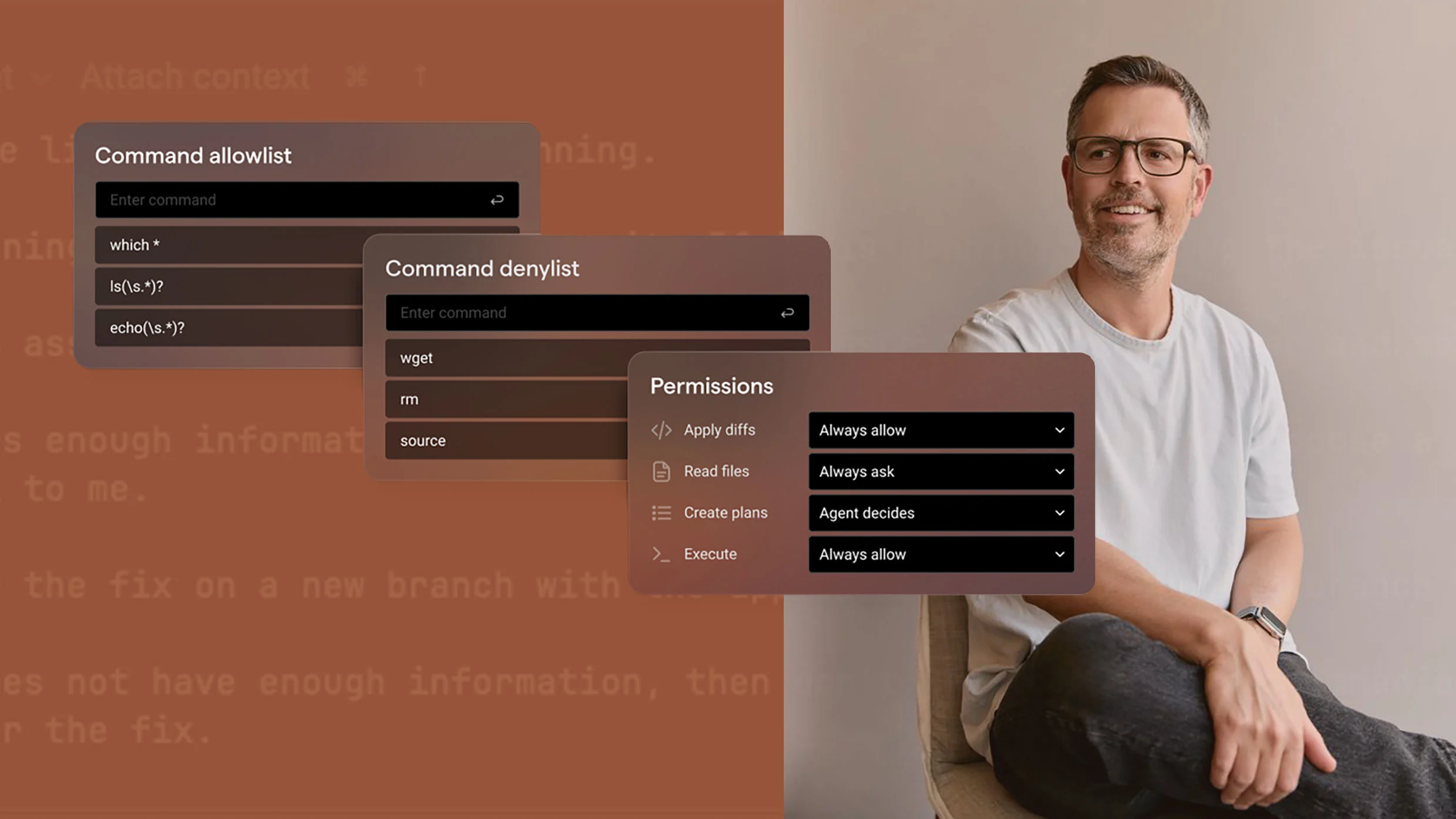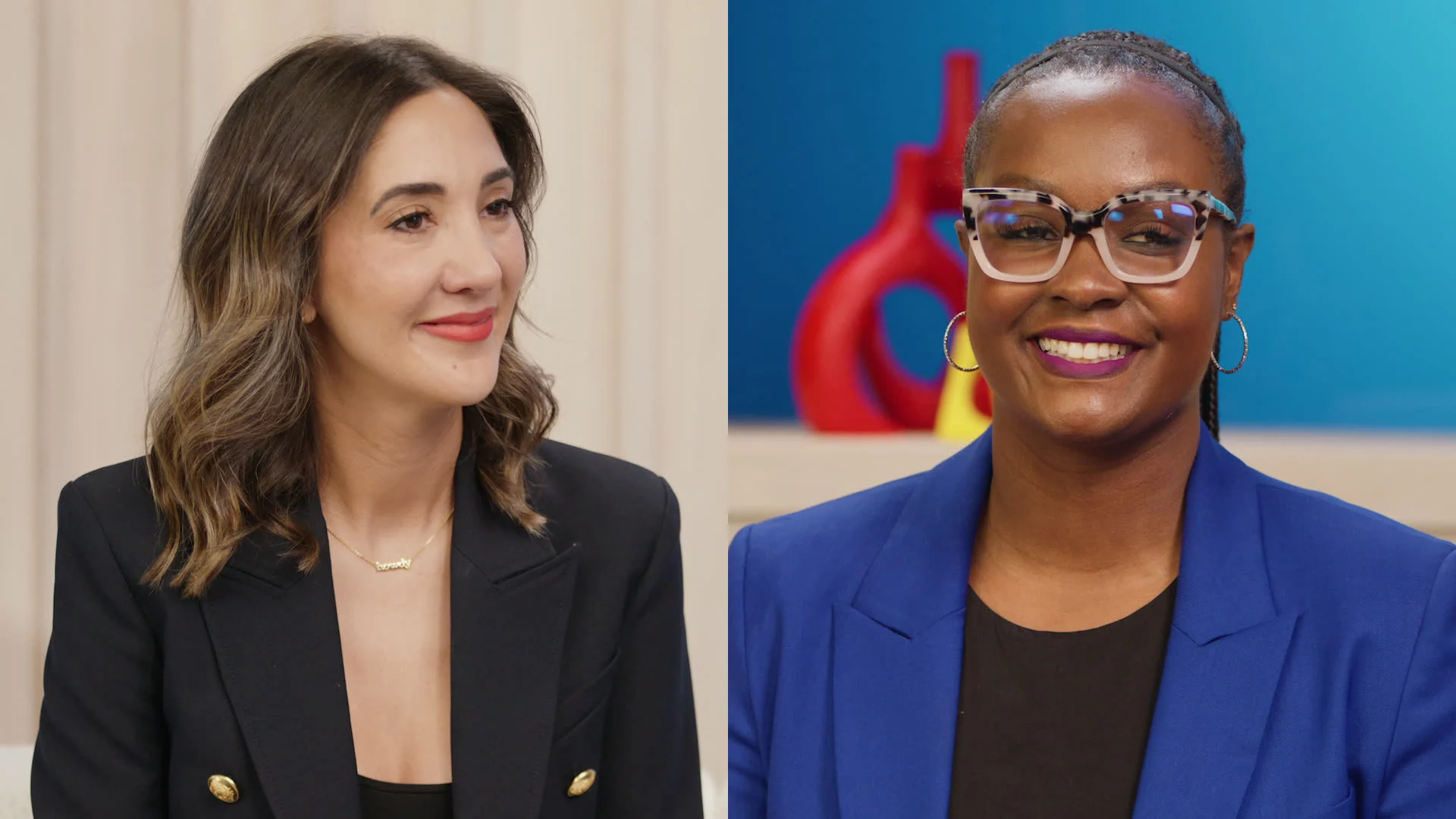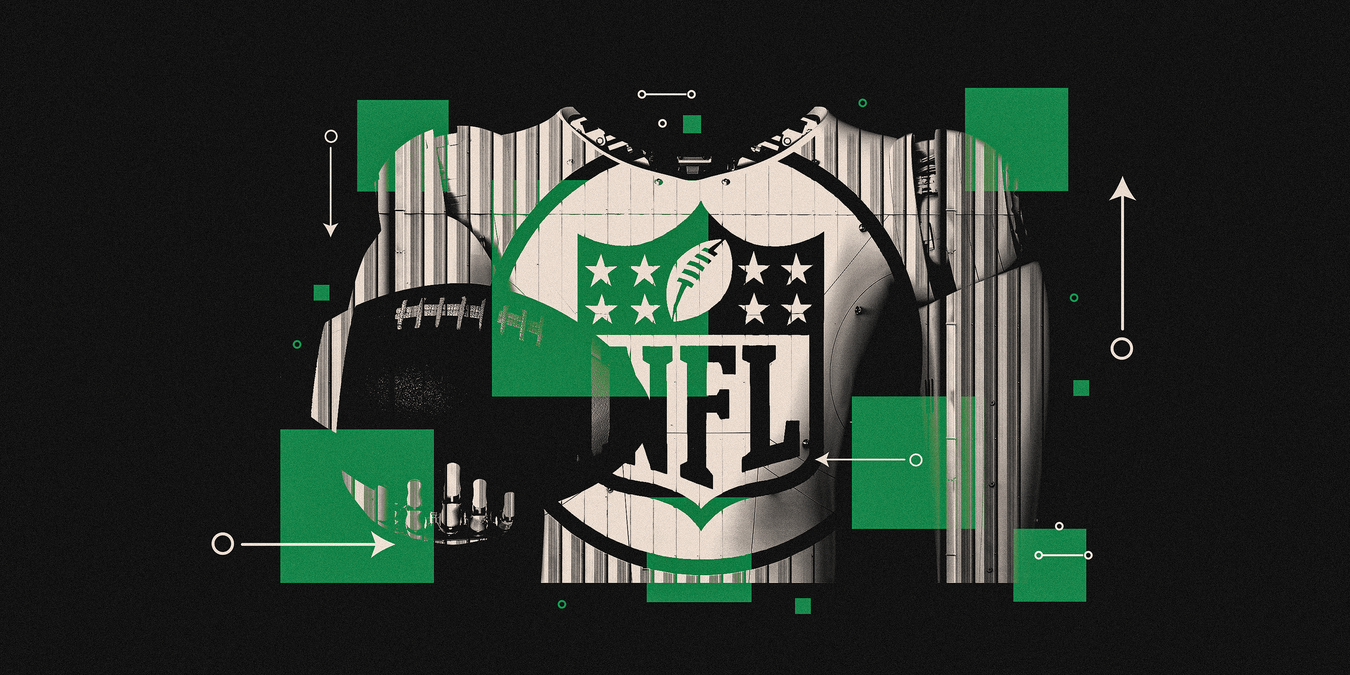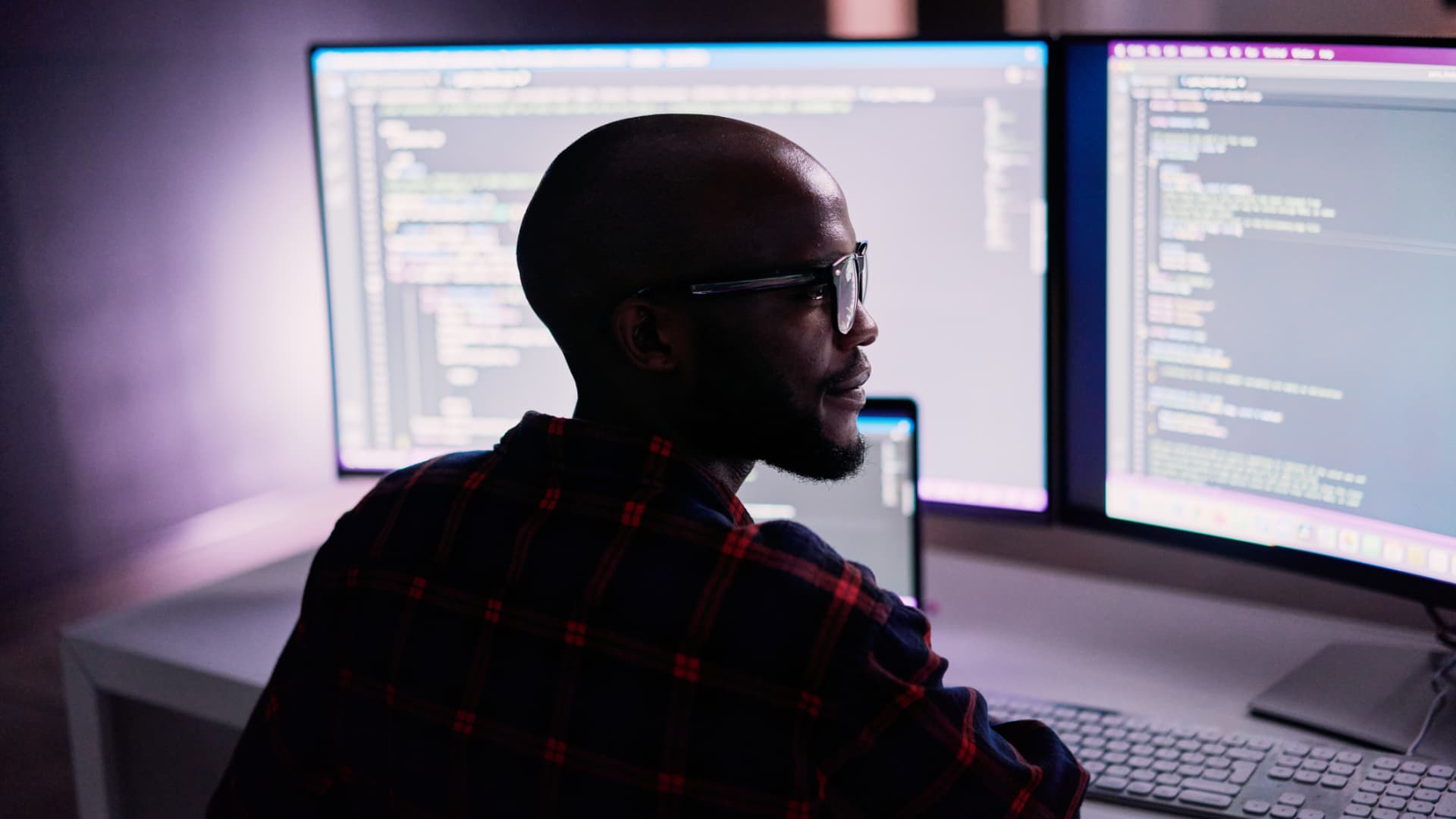OpenAI is standing up to a wave of insides conflict and outside feedback over its hones and the potential dangers postured by its improvement.
In May, a few high-profile operators cleared out from the company, including Jan Leike, the past head of OpenAI’s “super alignment” endeavors to guarantee progressed AI frameworks stay adjusted to human values.
According to reports, Leike’s flight was driven by tireless irregularities over security measures, observing hones, and the prioritization of vainglorious thing discharges over security considerations.
Leike’s exit has opened a Pandora’s box for the AI firm. Past OpenAI board individuals have come forward with affirmations of mental abuse leveled against CEO Sam Altman and the company’s leadership.
The inside turmoil at OpenAI coincides with mounting outside concerns around the potential dangers posed by generative AI improvements like the company’s tongue models. Faultfinders have cautioned around the unavoidable existential risk of progressed AI outflanking human capabilities, as well as more expedient risks like work clearing and the weaponization of AI for guile and control campaigns.
In reaction, a gathering of current and past specialists from OpenAI, Human-centered, DeepMind, and other driving AI companies have penned an open letter tending to these risks.
“We are current and past laborers at wild AI companies, and we recognize the potential of AI headway to pass on momentous benefits to mankind. We as well get it the fair to goodness dangers postured by these technologies,” the letter states.
“These dangers run from the advancement entrenchment of existing disproportionate characteristics, to control and deception, to the occurrence of control of independent AI frameworks conceivably coming to nearly inhuman conclusion. AI companies themselves have recognized these dangers, as have governments over the world, and other AI experts.”
The letter, which has been checked by 13 specialists and gotten a handle on by AI pioneers Yoshua Bengio and Geoffrey Hinton, takes after four center requests pointed at securing whistleblowers and creating more basic straightforwardness and obligation around AI development:
That companies will not keep up non-disparagement clauses or strike back against specialists for raising risk-related concerns.
These companies will enable a verifiably shrouded handle for pros to raise concerns to sheets, controllers, and free experts.
These companies will bolster a culture of open input and permit laborers to transparently share risk-related concerns, with fitting security of exchange secrets.
Companies will not strike back against specialists who share private risk-related data after other firms fail.
The requests come at the center of reports that OpenAI has compelled pulling back laborers to sign non-disclosure understandings anticipating them from censuring the company or peril of losing their vested regard. OpenAI CEO Sam Altman conceded being “embarrassed” by the circumstance but claimed the company had never genuinely clawed back anyone’s vested equity.
As the AI radical charges forward, the insides conflict and whistleblower requests at OpenAI emphasize the making of torments and flawed moral quandaries encompassing the headway.








